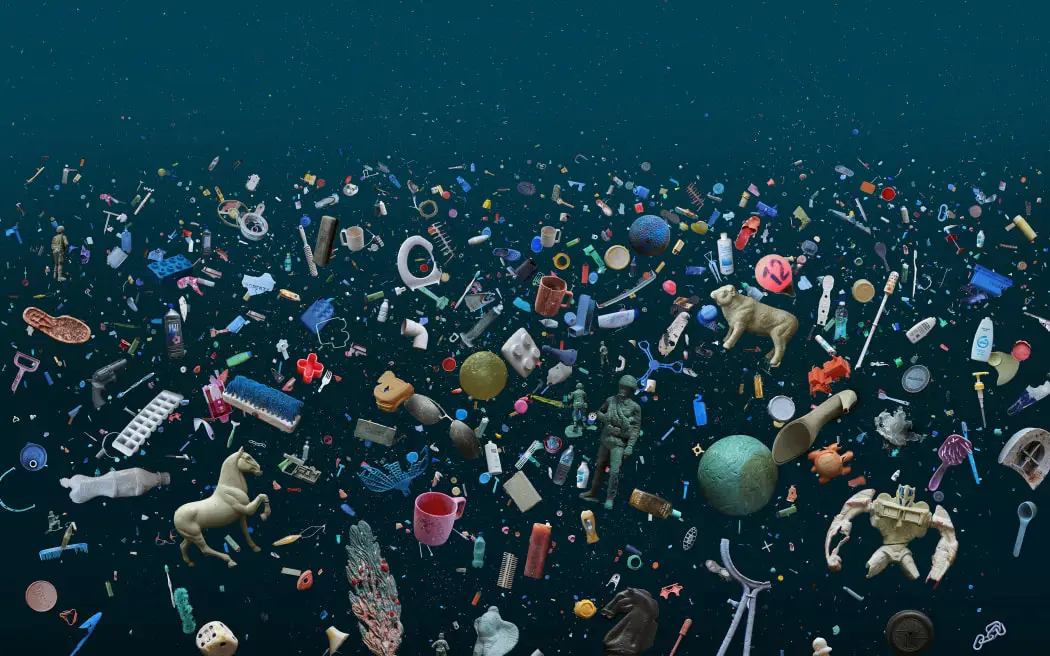UN Plastic Talks Collapse as Countries Fail to Agree on Targets
The United Nations plastic talks, held in Busan, South Korea, ended in failure, with no deal reached to curb plastic pollution. Fiji’s representative, Dr Sivendra Michael, attributed the collapse to a small group of oil-producing nations who only agreed to target plastic waste, while leaving plastic production unregulated.
The Frustrating Process
Dr Michael told RNZ that fossil fuel and petrol chemical lobbyists flooded the negotiation, outnumbering delegates from Pacific small island developing states by more than double. This is similar to COP29, the UN climate change meeting last month in Azerbaijan, where a small group of countries managed to derail the process.
“The dark arts of multilateral diplomacy,” Dr Michael described the tactics used by these oil-producing nations, which included manipulating the rules of procedure and narrowing the scope of the treaty. This allowed them to block any meaningful action on plastic production.
Fiji’s Stance
Fiji is adamant that any future plastic deal should be more robust than previous international climate deals, which allow nations to get away with not fulfilling their commitments. “We don’t want to make the same mistake when agreeing to this treaty,” Dr Michael said. “In the Paris Agreement, we left it to voluntary targets. In the plastics treaty, we are most adamant that we cannot have the same mistakes.”
The Importance of a Global Treaty
Dr Michael emphasized that a global treaty is essential to address plastic pollution on a large scale. “We need a legally binding agreement that requires all countries to take action,” he said. The current lack of regulation has led to widespread plastic waste, harming the environment and human health.
A Call to Action
Despite the collapse of the talks, Dr Michael remains optimistic about the possibility of a future treaty. “We will continue to push for a strong agreement that addresses the root causes of plastic pollution,” he said. Fiji and other Pacific island nations will work with the international community to find solutions to this pressing issue.
In conclusion, the failure of the UN plastic talks highlights the need for stronger global regulations to address plastic pollution. With the support of Fiji and other like-minded countries, it is possible to create a more robust treaty that will curb plastic production and reduce waste. The clock is ticking, and it’s time for world leaders to take action.
Photo: supplied

0 Comments